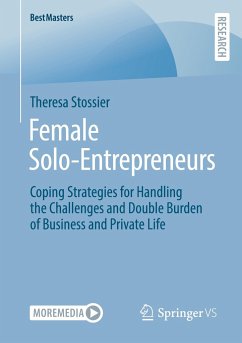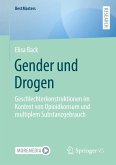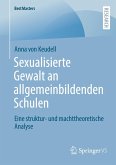Austria's economy is characterized through small and medium sized enterprises. Solo entrepreneurs are considered a special form within SMEs and contribute a major share to Austrian's economy besides being Austria's most popular legal form of organization within the micro firms. In 2020 every second of Carinthia's start-up businesses was established by a female entrepreneur. According to an entrepreneurship study presented by Volksbank in 2019, nearly half of all female entrepreneurs lived with children and juveniles. Two-thirds of women said they were solely responsible for family, childcare, and household and 71 percent of those female entrepreneurs specified that those circumstances caused difficulties for them. This book investigated Carinthian female solo entrepreneurs and aims to find out how these hard-working women manage their business and private life while contributing to such great extent to the (federal) state's economy. The conceptual foundations were found in embeddednessand the contextual framework which supports the importance of numerous influences on different levels placed on the entrepreneur. The empirical section represents a primary research that evaluates self-collected data sets of Carinthian solo-entrepreneurs.
Bitte wählen Sie Ihr Anliegen aus.
Rechnungen
Retourenschein anfordern
Bestellstatus
Storno









